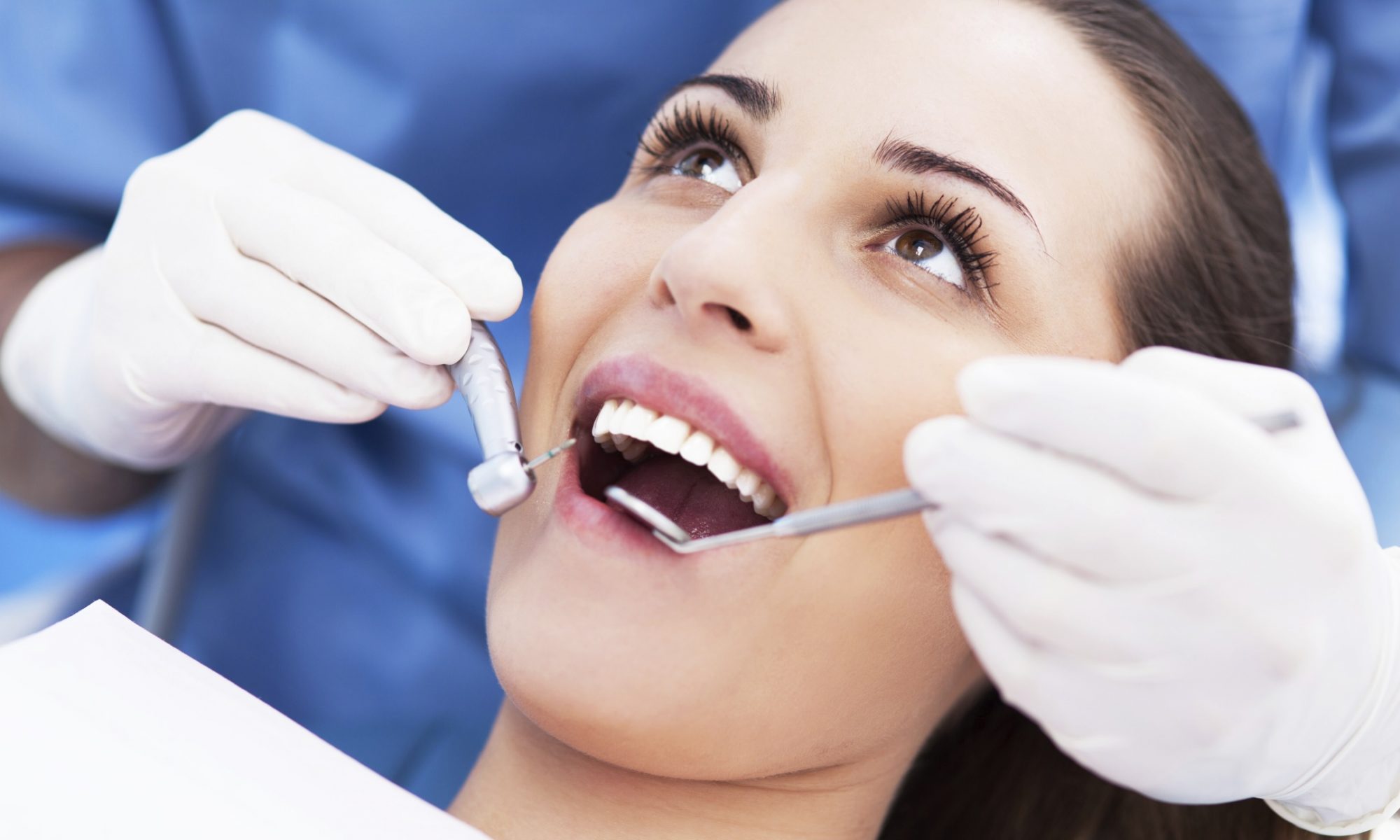Not everyone’s wisdom teeth grow in, but for those who do have wisdom teeth that break through the gum line, removal can be necessary to avoid overcrowding. Overcrowded teeth can cause a myriad of complications for your oral health. Whether you choose to be sedated for the surgery or go with nitrous oxide, the first 72 hours after surgery is imperative to your recovery and avoiding issues down the road.
Once the procedure is over, your surgeon will place gauze on the surgery site to absorb the blood. They will send you home with extra you can replace the gauze as needed at home, helping to keep the area clean and dry. Once the bleeding has stopped, you can place a moist tea bag on the site to help prevent clotting. You will also want to keep your head elevated, this will help keep the swelling and further bleeding down. Compresses also work well to help keep the swelling down. Apply a cold compress, then a warm one on rotation to the external surgery site every 20 minutes for the first 48 hours. It will help reduce pain and swelling.
After that, your focus should switch to keeping the surgery site as clean as possible as the soft tissue continues to heal. Rinse your mouth with warm or saltwater throughout the day and especially after meals. Your dentist may give you a syringe to squirt water directly onto the surgery site to clear it of any debris. Swish utilize the syringe carefully, you don’t want to disturb your stitches. If food is left stuck in the soft tissue cavity and stays there as the tissue heals, that debris is likely to become infected over time, requiring another surgery to remove it.
Your dentist will give you all kinds of tips and tricks to help you heal properly, but some of the most important ones to remember are not to use straws as the suction can induce bleeding. Don’t use tobacco because it will hinder the healing process, and don’t engage in strenuous activity as an increased heart rate will increase blood flow and the possibility your surgery site will bleed.
If you have questions or concerns about wisdom tooth surgery, make an appointment today with Dr. Schnall at 212-247-7059 or visit our website at www.philipschnalldmd.com.

